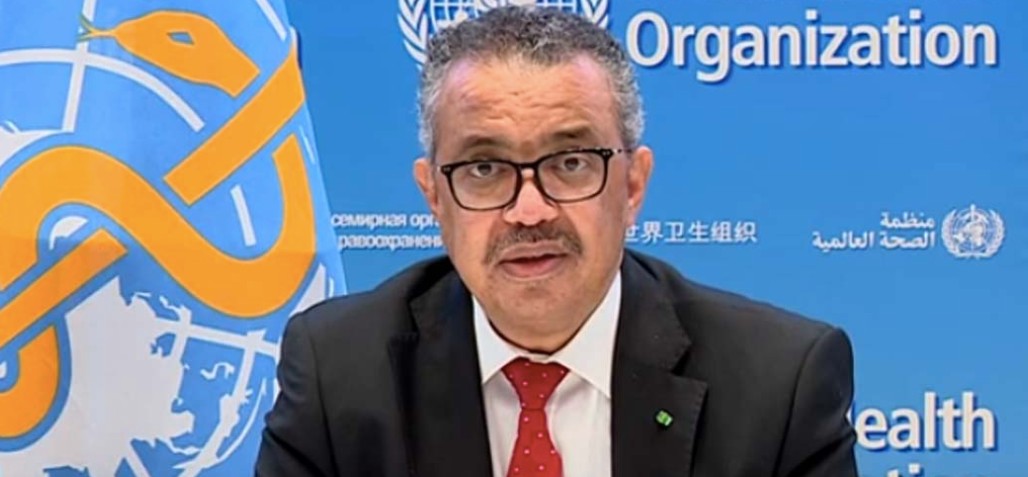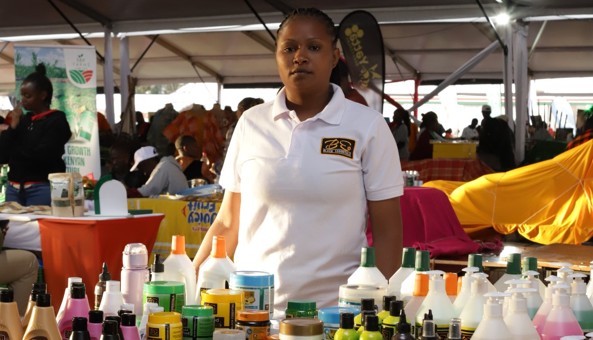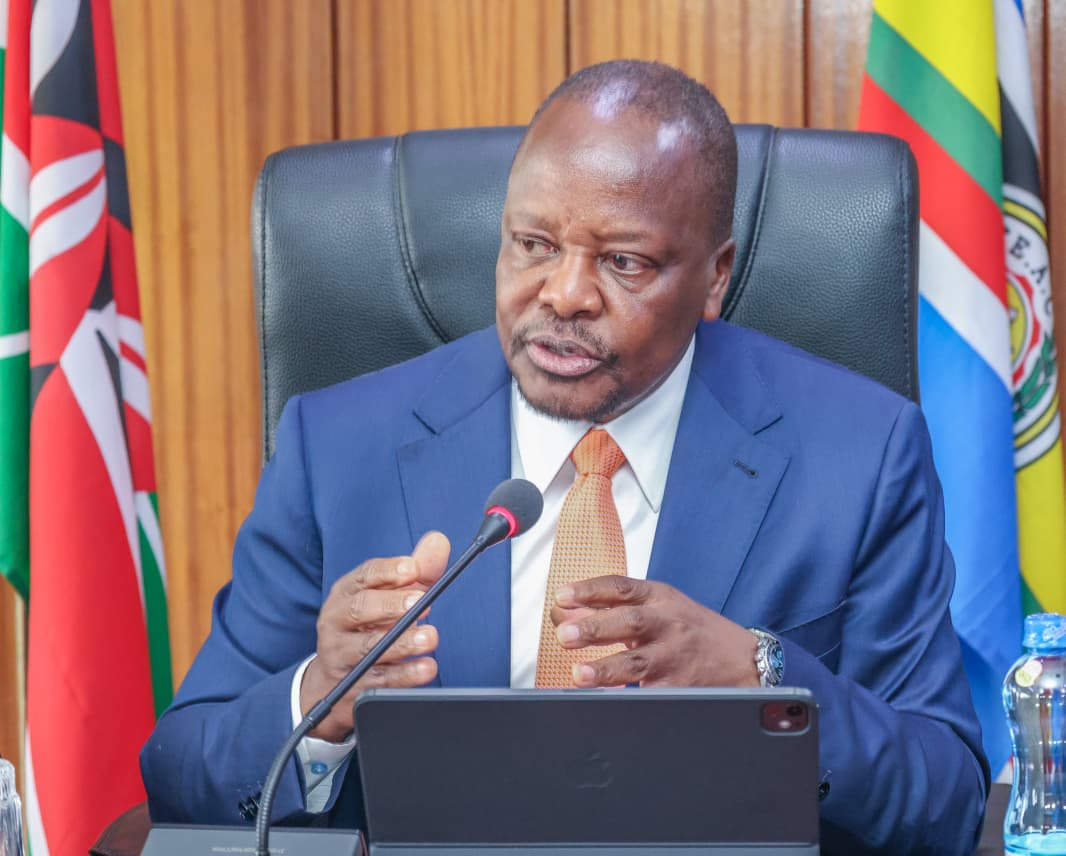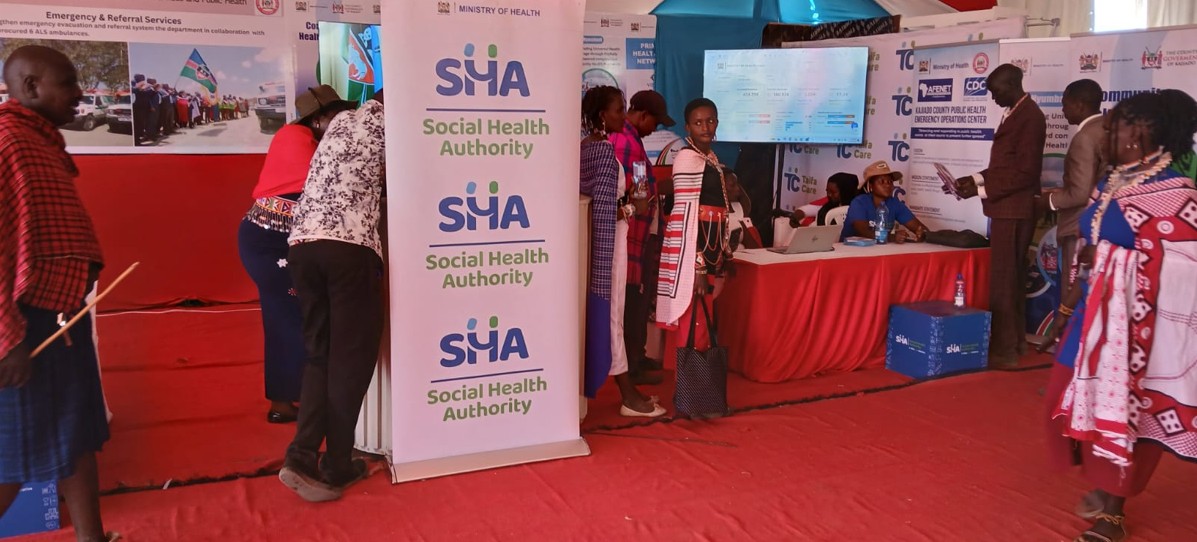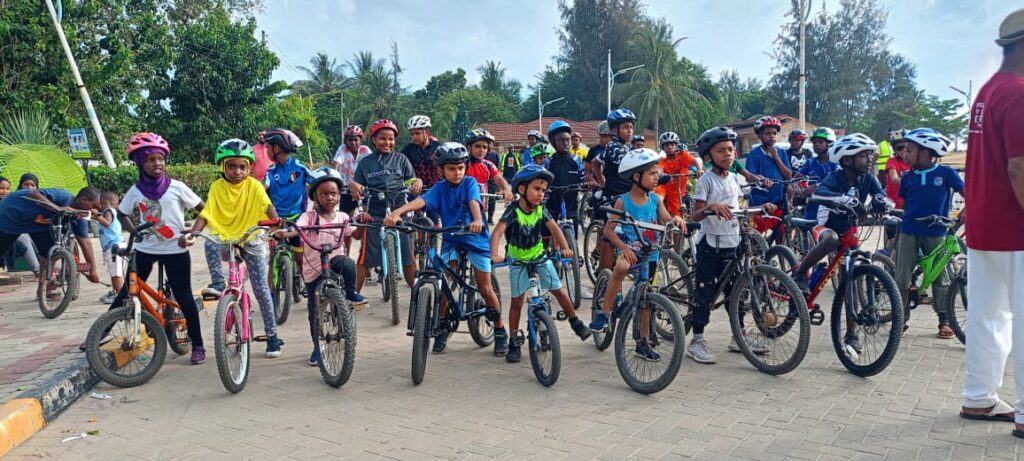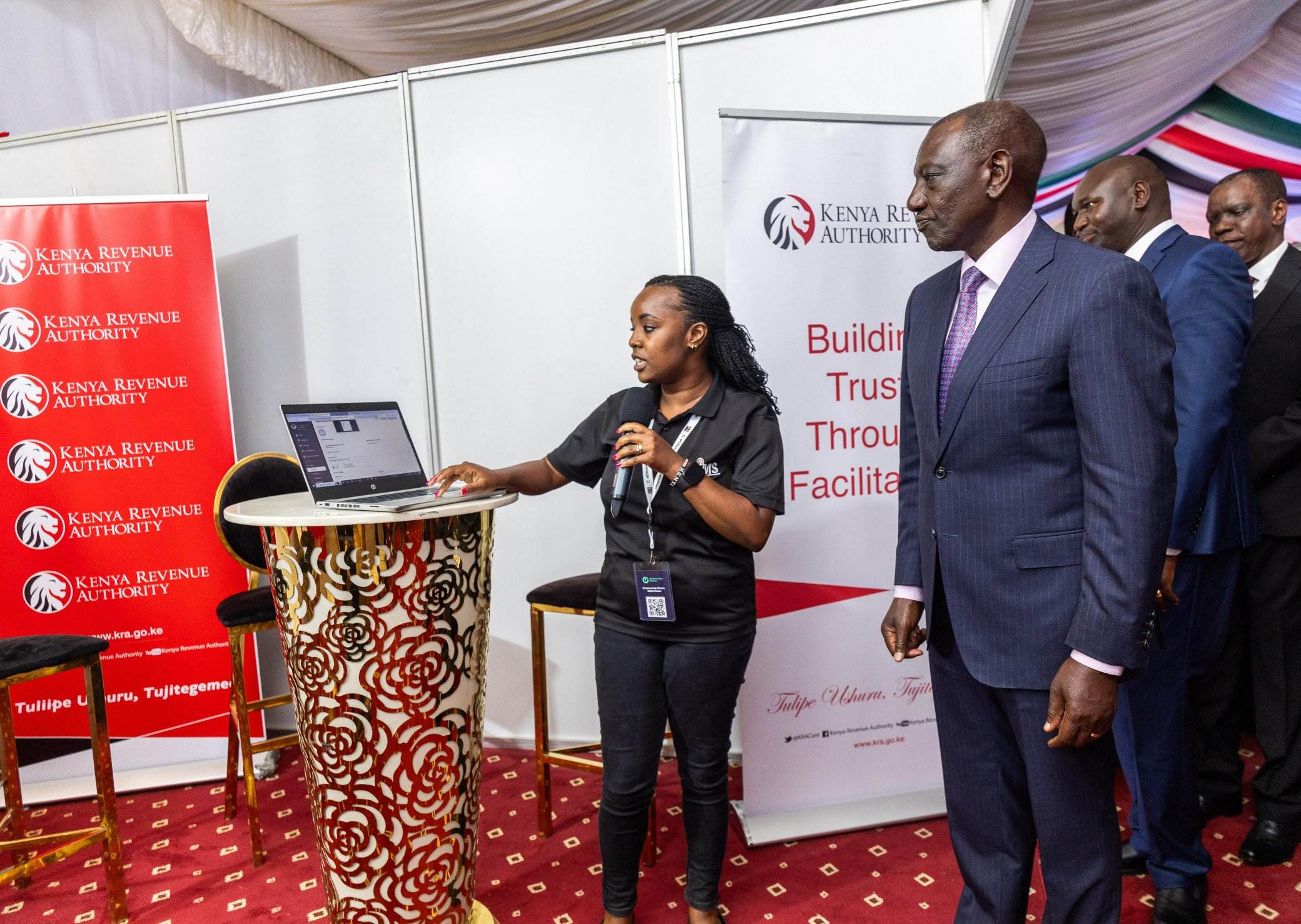UK warns citizens visiting Kenya, Uganda of methanol poisoning from fake alcoholic drinks
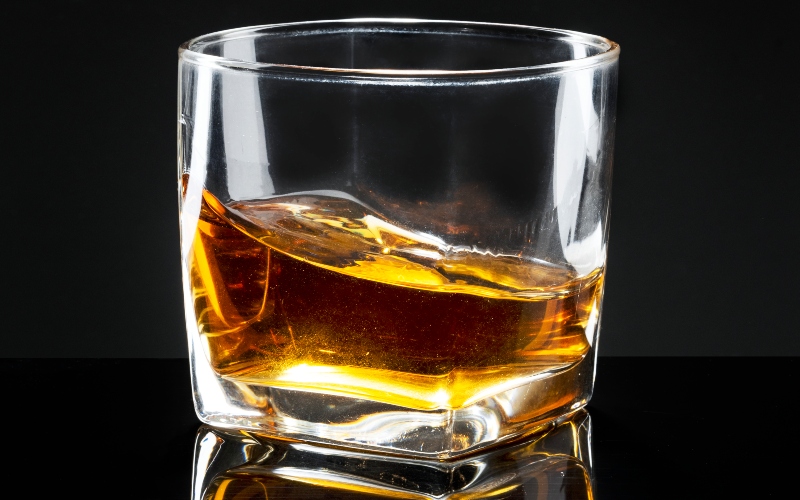
Methanol is an industrial alcohol that can be found in antifreeze and paint thinners. In some countries overseas, it is illegally mixed with spirit-based drinks and cocktails to cut costs.
The UK Foreign Office has issued a travel advisory listing Kenya, Uganda and Nigeria among countries where tourists could risk potentially lethal methanol poisoning from rampant fake or adulterated alcoholic drinks.
The Foreign, Commonwealth and Development Office (FCDO) said the list was expanded to include eight additional countries where incidents have been recorded of Brits abroad.
"The FCDO has added methanol poisoning guidance to travel advice pages for eight countries: Ecuador, Kenya, Japan, Mexico, Nigeria, Peru, Uganda and Russia," the FCDO said.
More To Read
- UK announces biggest overhaul of its legal migration model in 50 years
- KEBS responds to UK travel advisory, says methanol in Kenya ‘too bitter to be consumed’
- KDF recruitment reveals alarming substance abuse among hundreds of Garissa youth
- Kenya raises alarm on surge in synthetic drugs, shifting trafficking trends
- Former Chesumei MP and Boston Marathon winner Elijah Lagat dies
- NACADA, clergy join forces to confront drug crisis at the Coast
"The FCDO previously only included guidance on methanol poisoning in places where British nationals have been affected. These countries are: Cambodia, Indonesia, Turkey, Costa Rica, Thailand, Vietnam, Laos and Fiji."
The office has been campaigning on the dangers of methanol poisoning through the "Know the Signs of Methanol Poisoning" advert.
It added that the update followed engagement with Parliamentarians, industry bodies, and those affected by methanol poisoning overseas.
"Methanol is an industrial alcohol that can be found in antifreeze and paint thinners. In some countries overseas, it is illegally mixed with spirit-based drinks and cocktails to cut costs. Even small amounts of methanol can cause blindness or death within 12-48 hours of consumption. The toxic substance is tasteless and odourless, making it impossible for travellers to detect."
Hamish Falconer, the Minister for Consular and Crisis, said Methanol poisoning can kill, and can be difficult to detect when drinking and early symptoms mirror ordinary alcohol poisoning.
"By the time travellers realise the danger, it can be too late. That's why we're working hard to raise awareness of the warning signs and urge anyone who suspects methanol poisoning to seek immediate medical attention. I encourage all travellers to check our travel advice and Travel Aware pages before they go on holiday," said Falconer.
Falconer further advised British nationals to purchase sealed drinks from licensed establishments, avoid homemade alcohol and be particularly cautious of pre-mixed spirits, cocktails and drinks served in buckets or jugs.
"No family should endure what the campaigners' families have suffered. Their determination to prevent others from facing the same tragedy has been instrumental in driving forward these vital updates to our travel advice," he cautioned.
He advised travellers to watch out for warning signs of methanol poisoning, which include nausea, vomiting, dizziness and confusion.
"Though in the early stages methanol poisoning can resemble alcohol poisoning, distinctive symptoms of methanol poisoning - such as vision issues – can develop between 12-48 hours after consumption. Anyone showing any signs of methanol poisoning should seek urgent medical attention immediately," he said.
A Euromonitor International study recently found that illicit and counterfeit alcohol accounts for approximately 60 per cent of the market in Kenya, making the illicit market exceed the legal market both by volume and value.
The findings added that since 2022, counterfeit and illicit brands have grown significantly, now representing 12 per cent of total illicit volumes in hectoliters (HL) for liquid alcohol equivalent (LAE). Popular spirit brands like Gilbey's Gin and Chrome Vodka have been the most affected.
"Illicit trade involving counterfeit alcohol is growing at an alarming rate. This not only results in significant national revenue loss but also poses a grave health risk, particularly to our youth, who are the future of this country," the Alcoholic Beverages Association of Kenya (ABAK) Chairperson, Samuel Matano, said last month.
Kenya has, for a while, been running a multiagency operation against illicit ethanol, illegal alcohol manufacturing and smuggling of alcohol to the country that leads to loss of billions in revenue and is linked with severe health risks.
Top Stories Today
